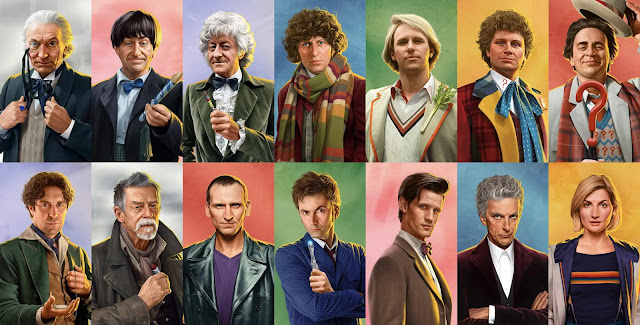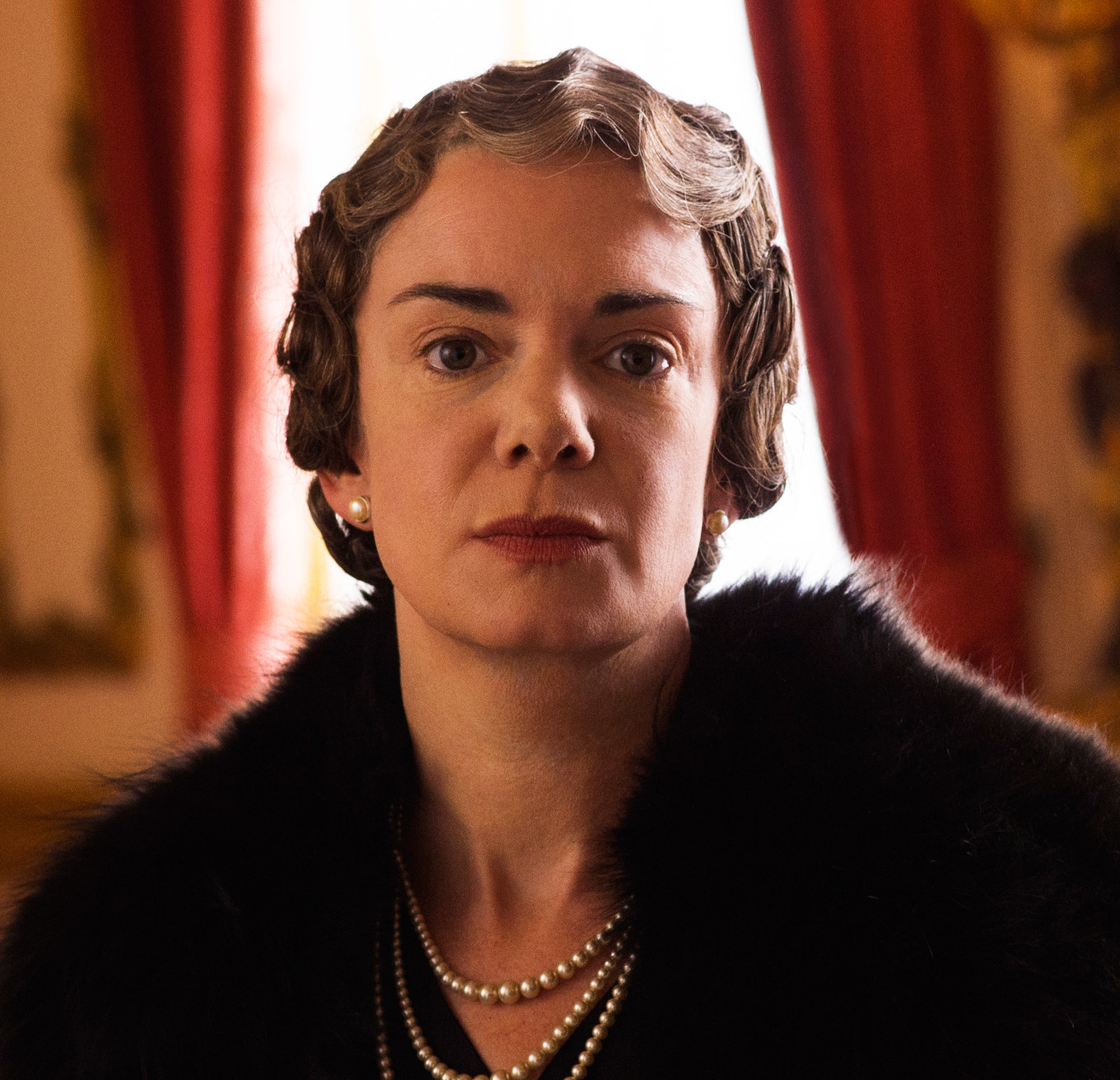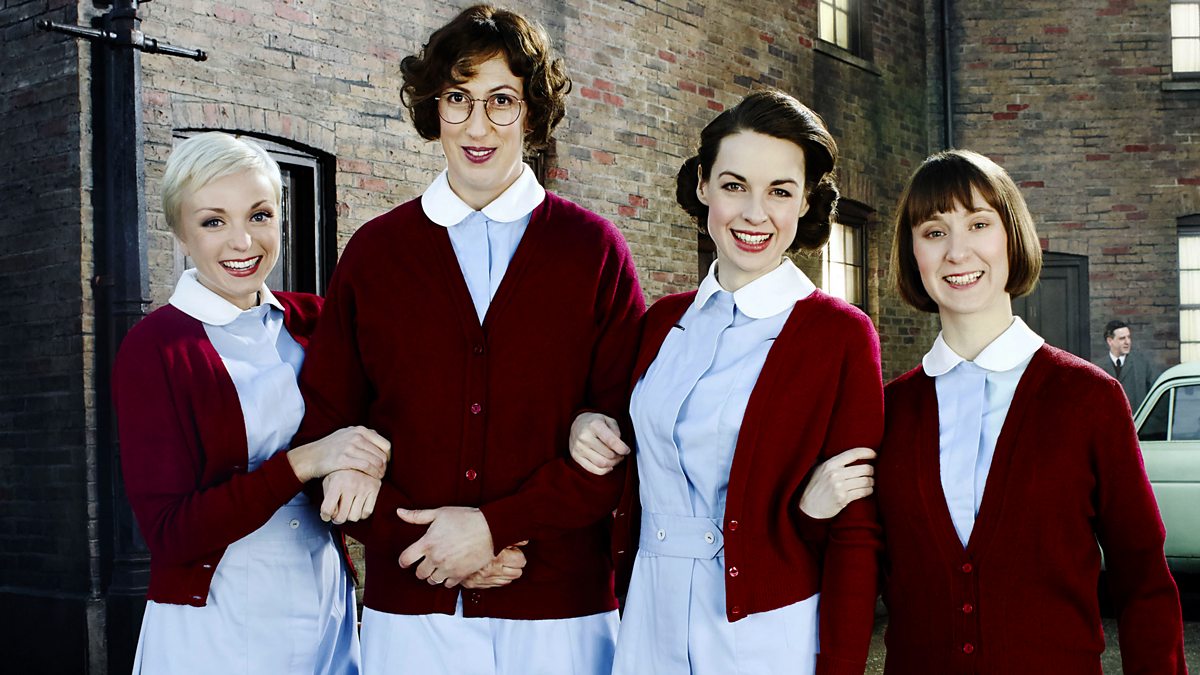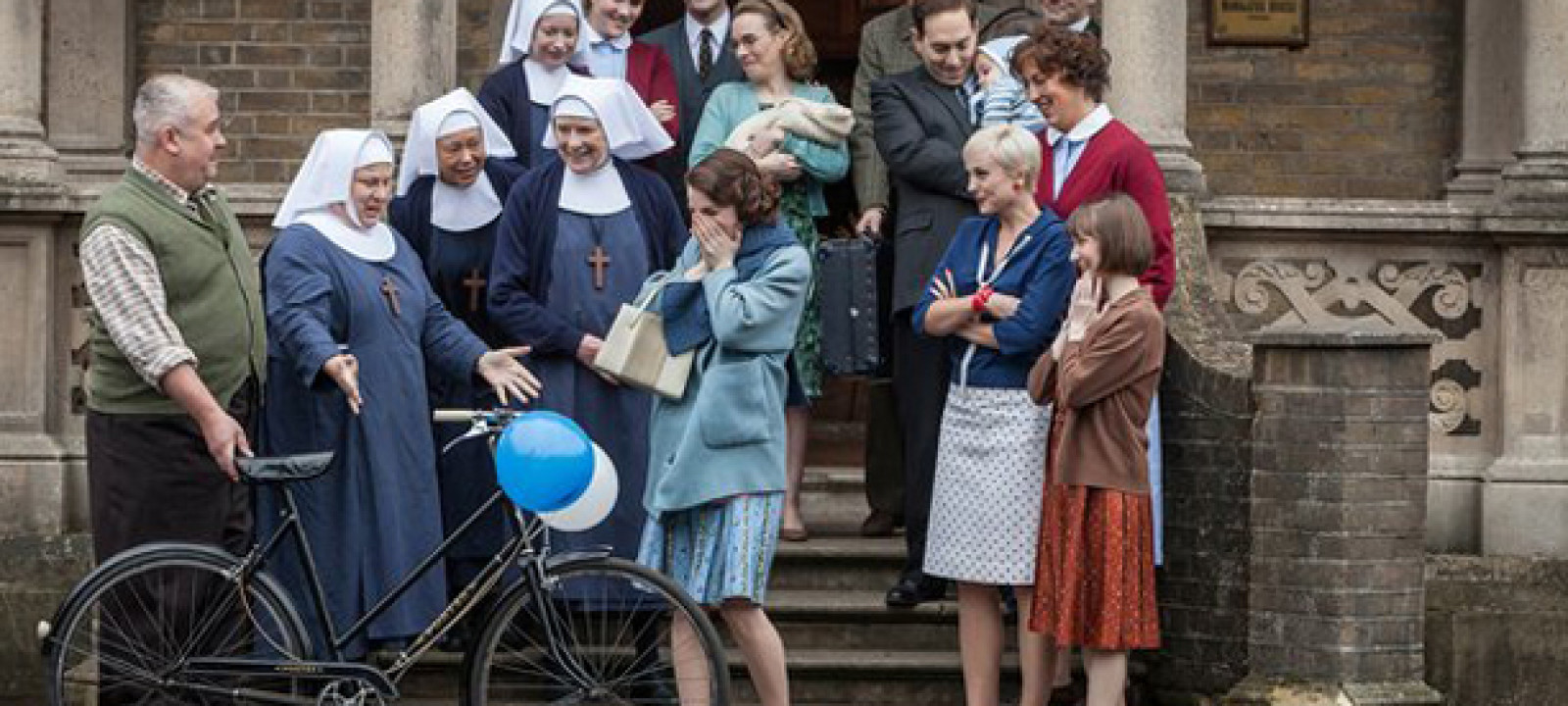This historic constituent process began on November 15th, 2019 when the majority of the political parties with representation in Congress reached an agreement to start the path towards an eventual new Constitution.
This implied a plebiscite so that the citizens, when asked "Do you want a New Constitution?", decide between two options: I approve or I reject to start this process of drafting the new Constitution and how the body that would draft it would be made up.
The Convention, made up of 155 elected members, will have 9 months to present a new constitutional text, which may be extended for 3 more months, in a single opportunity. In this way, in mid-2022, the country will experience a new exit referendum to approve or reject the new Constitution.
Plebiscite and its results
On Sunday, October 25th, 2020, the plebiscite that began this constituent process was held, which generated the following results:
78.27% of the citizens who voted in the Plebiscite, approved to start the process of drafting a new Constitution, while the body in charge of doing so will be the Constitutional Convention (made up exclusively of popularly elected members), which was imposed on the Mixed Convention option (made up of elected members and sitting parliamentarians) for 78.99%.
After the Plebiscite of October 25th, 2020, the election of the 155 members of the Constitutional Convention was held on May 15th and 16th, 2021, whose installation was finalized on July 4th, 2021.
Composition and remuneration
The Constitutional Convention was elected according to the same districts used for the election of Deputies (28 districts) and according to a proportional system. In that election, special rules were applied to facilitate the participation of independents and to ensure a gender balance between elected men and women. In addition, thanks to a constitutional reform, 17 seats were reserved for representatives of indigenous peoples.
The members of the Convention will receive a monthly remuneration of 50 monthly tax units (app USD 3,450), in addition to the allowances established in the Convention Regulations.
Organization and role
The Constitution states that the Convention will have a President and a Vice President, both elected by an absolute majority of the members of the Convention, as well as a technical secretary made up of people of proven academic or professional suitability. Then, it will be up to the Convention itself to establish the operating rules.
The exclusive purpose of the Convention is to draft and approve a new Constitution, so it cannot intervene or exercise any other function of other bodies or authorities.
In addition, in the drafting of the new Constitution, it must respect the character of the Republic of the State of Chile, its democratic regime, the final and enforceable judicial decisions, and the international treaties in force ratified by Chile.
It has been said that the new Constitution will be written from a "blank page." This means that the Convention must write a new constitutional text and not an amendment to the current Constitution.
Quorum of 2/3
The Convention must approve the norms of the new Constitution and their voting regulations, by a quorum of two thirds of its members in office, since the objective is to generate a high degree of consensus in the constitutional text that will be proposed to vote in the plebiscite of the year 2022.
The convention must draft and approve a proposed text of the new Constitution within a maximum period of nine months, counted from its installation, a period that can be extended for an additional three months, but only once.
👀 You may also be interested in: Crisis in Chile: What has changed after a year of social protests ?
Exit plebiscite
Once the work of the Convention is concluded, it must deliver its proposal to the President of the Republic, who must call a new plebiscite, to be held sixty days after the call is published. In this plebiscite, suffrage will be mandatory and there will be a fine of 0.5 to 3 monthly tax units (app USD 35 to USD 210) for people authorized to vote and who do not.
The vote will have the following text: "Do you approve the text of the New Constitution proposed by the Constitutional Convention?" Under the question raised there will be two horizontal lines, one for each of the voting options: "Approve" and "Reject".
Approval or rejection of the new Constitution
If approved: The President of the Republic must convene the Plenary Congress so that, in a public and solemn act, it is promulgated and sworn or promised to respect and abide by the New Constitution. Said text will be published in the Official Gazette within ten days after its promulgation and will enter into force on that date.
If rejected: The 1980 Constitution and its reforms remain (without prejudice to the reforms that the National Congress may incorporate as it has done so far).
Can the convention modify the 1980 Constitution?
Its function will be to draft a new constitution project and it will not be able to make changes to the current constitution.
As long as a possible new Constitution does not come into force, the 1980 Constitution will continue to function fully, without the Convention being able to deny it authority or modify it.
Constitution of 1980
After the Military Coup of September 11th, 1973, the Constitution of 1925 was suspended by the Government Military Junta headed by General Augusto Pinochet and a new institution was created. For this, a Commission for the Study of the New Constitution was appointed, made up of seven members.
The Constitutional Draft was delivered in 1978 for review and in 1980, after a second review by the Governing Board, a text of 120 permanent and 29 transitory articles was approved.
This Constitution was approved by a plebiscite on September 11th, 1980, although the absence of electoral records and the restriction of public liberties put the legitimacy of the results in question. Subsequently, on October 21st, 1980, the 1980 Constitution was promulgated and two days later it was published in the Official Gazette, although it would only enter into force 6 months after its plebiscitary approval, that is, on March 11th, 1981.
Constitutional reforms
They were turbulent years in our country politically and socially. Prior to the 1989 parliamentary elections, the Coordination of Parties for Democracy and the right-wing parties agreed on a package of 54 reforms to the 1980 Constitution, which was approved in a plebiscite on July 30th, 1989.
In addition, since 1990, the year of the return to democracy with the assumption of the presidency of Patricio Aylwin, there have been a series of reforms and modifications to this Carta. In fact, until October 2020, the Constitution has been amended 52 times, being modified 257 articles in total.
Source: Library of the National Congress of Chile and notes of the author.






































